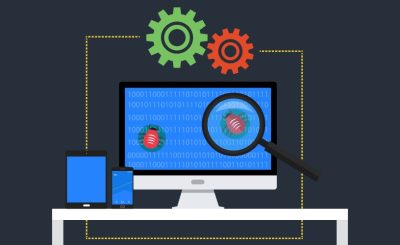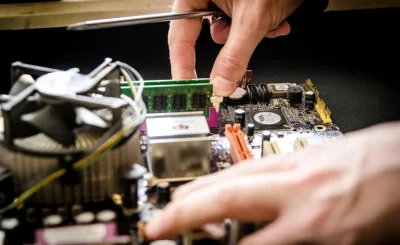The digital about many changes in the way we live, work, and communicate. One area that has a major shift is note-taking. Whereas people used to rely on paper notebooks and notepads for jotting down thoughts, ideas, and to-do lists, now many favor digital apps and software for their note-taking needs. This transition to digital has brought notable advantages – notes can be accessed from anywhere, shared and collaborated on more easily, and searched and organized efficiently. However, it has also introduced new challenges around privacy.
Privacy risks of popular note apps
People use mainstream apps like Evernote, OneNote, Google Keep, and Apple Notes for convenience. They are easy to use, accessible across devices, and have helpful organization and search features.
- The content of your notes is stored on company servers and subject to their data policies. Your private thoughts essentially belong to the app provider.
- Notes may be scanned or analyzed for marketing purposes, like targeting you with relevant ads based on keywords in your notes.
- Companies be compelled to hand over user data to authorities, without the knowledge or consent of the user.
- Apps can shut down suddenly, locking users out of their notes unexpectedly.
For people wanting to keep journals, document confidential information, or simply have total control over their data, these risks are too great. It leads some to explore anonymous alternatives.
Benefits of anonymous note-taking apps
Here are some of the key benefits that anonymous digital note-taking apps aim to provide:
- True data privacy – notes are encrypted and the app provider cannot access the content.
- Confidentiality – there is no link to your identity or usage habits. Apps run locally on your device.
- Security – data is encrypted with industry-standard techniques to prevent unauthorized access.
- Ownership – your notes remain under your full control and are not subject to third-party access or policies.
- Anonymity – there is no account setup, login, or personally identifiable info required to use them.
Strategies for balancing openness with privacy
Anonymous note apps provide needed privacy. But you may also want to collaborate and share certain notes openly at times. There are strategies to get the best of both worlds:
- Compartmentalize notes – how to open privnote? Keep private journals and confidential info in your anonymous app. Use a mainstream app for open notes to collaborate.
- Double encrypt sensitive notes – use the encryption features in your public note app in addition to your private app for sensitive data requiring an added layer of security.
- Export public notes – when useful notes in your private journal could benefit others, export a sanitized version into your public notes.
- Share read-only access – some private apps let you generate shareable links to individual notes that people can view with a password but not edit.
- Use multiple anonymous apps – to limit data stored in any one app if a breach occurs. Or split notes by the level of sensitivity.
- Backup often – regularly backup your encrypted notes in case of device loss, app shutdown, or unexpected technical issues. Store backups securely.
The key is compartmentalizing your notes intelligently based on their level of privacy requirements, while still enabling collaboration where beneficial.








